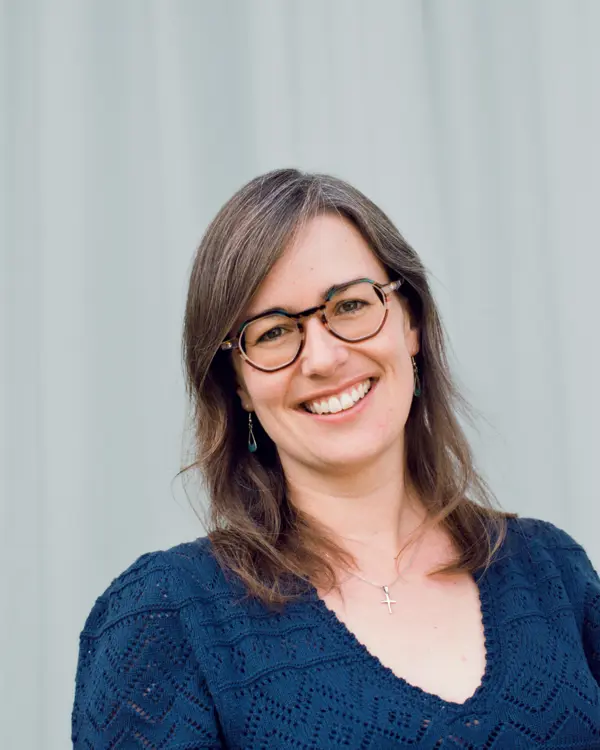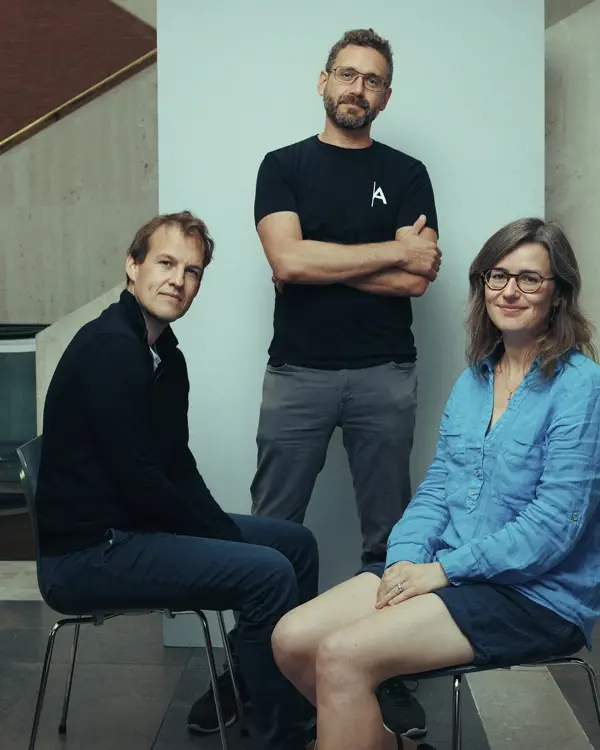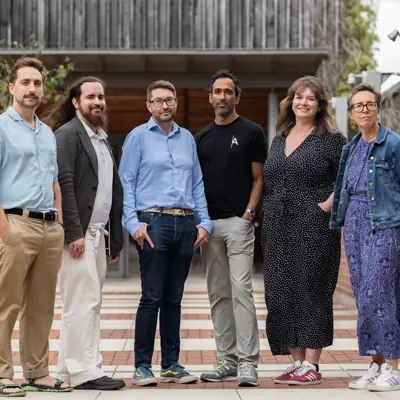
Synthetic Plants
Backed by £62.4m, this programme aims to catalyse a new generation of major crops that are more productive, resilient, and sustainable.
Our goal
To unite expertise in synthetic biology + plant biology, opening pathways to a new generation of major crops and future-proofing our agricultural system.
Why this programme
Representing eighty percent of the world’s biomass, with scope to provide everything from food to pharmaceuticals, plants are a critical lever for addressing the twin challenges of food insecurity and climate change. To unlock their potential, we must accelerate the pace of agricultural innovation.
Synthetic biology is already revolutionising the world of healthcare. Exploring its application to tailor the traits of plants has the potential to transform the agricultural industry and deliver valuable benefits ranging from food to pharmaceuticals and beyond.
What we’re shooting for
We see a vital opportunity to unlock new plant capabilities that can meet the future needs of humankind. We aim to develop synthetic chromosomes and chloroplasts that are viable in a living plant. This will move beyond what can be accomplished with gene editing and imbue plants with new functionalities, from reducing agricultural water use to protecting crop yields in uncertain conditions.

"Plants provide us with a wealth of natural resources, and the future possibilities are endless. This opportunity space will uncover new ways to interact with plants, helping plants to help people better."
Technical Areas
This programme is split into five Technical Areas (TAs), each with its own distinct objective:
Design, Build, Deliver
Focuses on developing multiple designs for units that deliver a simple plant trait.
Social + Ethical
Focuses on addressing the social + ethical considerations around synthetic plant technologies, ensuring responsible development + application.
Maintain
Focuses maintenance + replication of units within cells.
Species Transferability
Focuses on demonstrating units’ functionality in multiple crop species, including one monocot and one dicot.
Trait Complexity
Focuses on successfully delivering agriculturally relevant complex traits using synthetic units.
Meet the programme team
Our Programme Directors are supported by a Programme Specialist (P-Spec) and Technical Specialist (T-Spec); this is the nucleus of each programme team. P-Specs co-ordinate and oversee the project management of their respective programmes, whilst T-Specs provide highly specialised and targeted technical expertise to support programmatic rigour.

Angie Burnett
Programme Director
Angie Burnett is a plant biologist and has spent the last decade focusing on understanding the power of plants to solve some of our most pressing challenges such as food insecurity, climate change and environmental degradation. Previously, Angie was a Research Associate at the University of Cambridge.

Nivashinee Krishnakumar
Programme Specialist
Nivashinee has more than five years’ experience in programme management and project delivery. She led high profile projects at a leading global technology consultancy and has worked within delivery management in a variety of industries, ranging from edtech and life sciences to the aviation aftermarket. Nivashinee supports ARIA as an Operating Partner from Pace.

Fabrizio Ticchiarelli-Marjot
Technical Specialist
As a plant scientist with a PhD from Cambridge, Fabrizio has spent ten years advancing plant biology knowledge and its translation to products. Before ARIA, he spent five years working in early-stage tech startups, consulting on lab automation at Synthace for Pharma and Crop Protection companies, then at Gardin where he led the plant science team and headed delivery of the R&D product offering.
Featured insights

Can ARIA put the UK back on the scientific map?
Wired UK
"The Advanced Research and Invention Agency—ARIA—is the UK's answer to Darpa. But can it put the country back on the scientific map?"
Sign up for updates
Stay up-to-date on our programmes and opportunity spaces.
Programme Directors
Our Programme Directors are exceptional scientists and engineers with the curiosity to explore uncharted territory
How we work
We seek out exceptional scientists and empower them with the resources and autonomy to turn their ideas into reality


